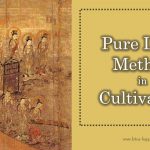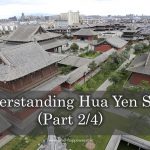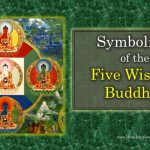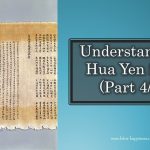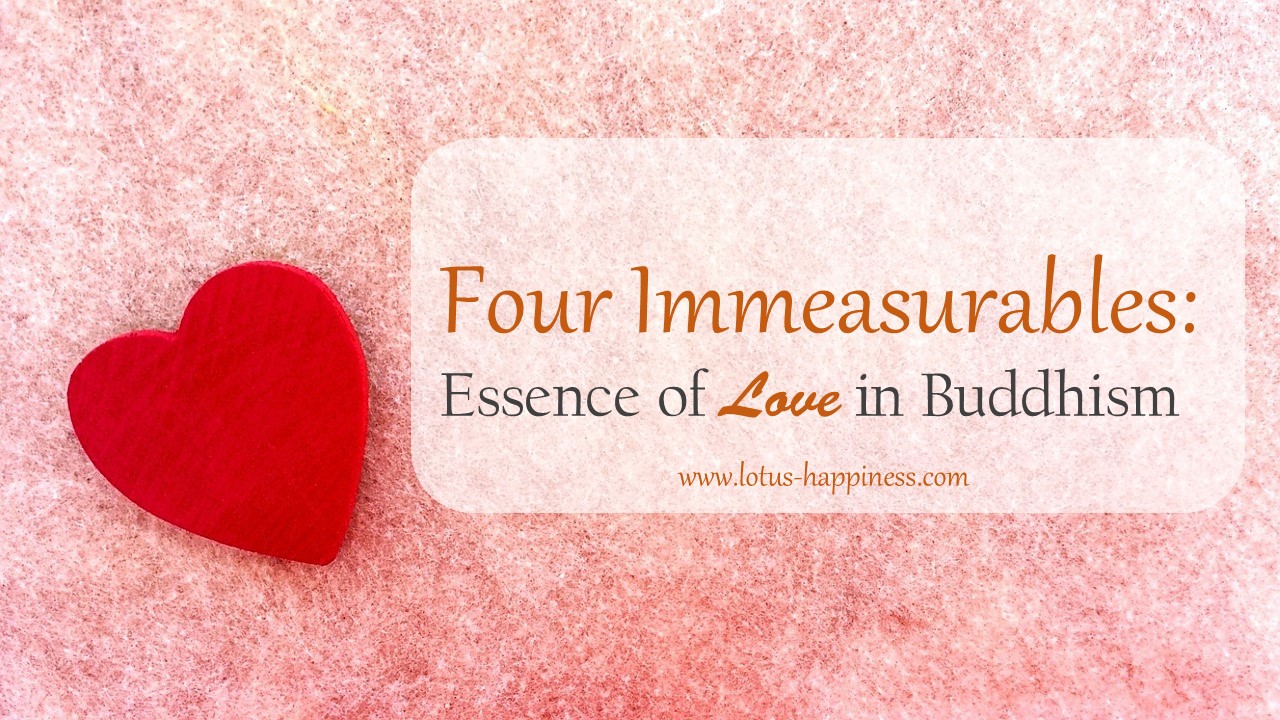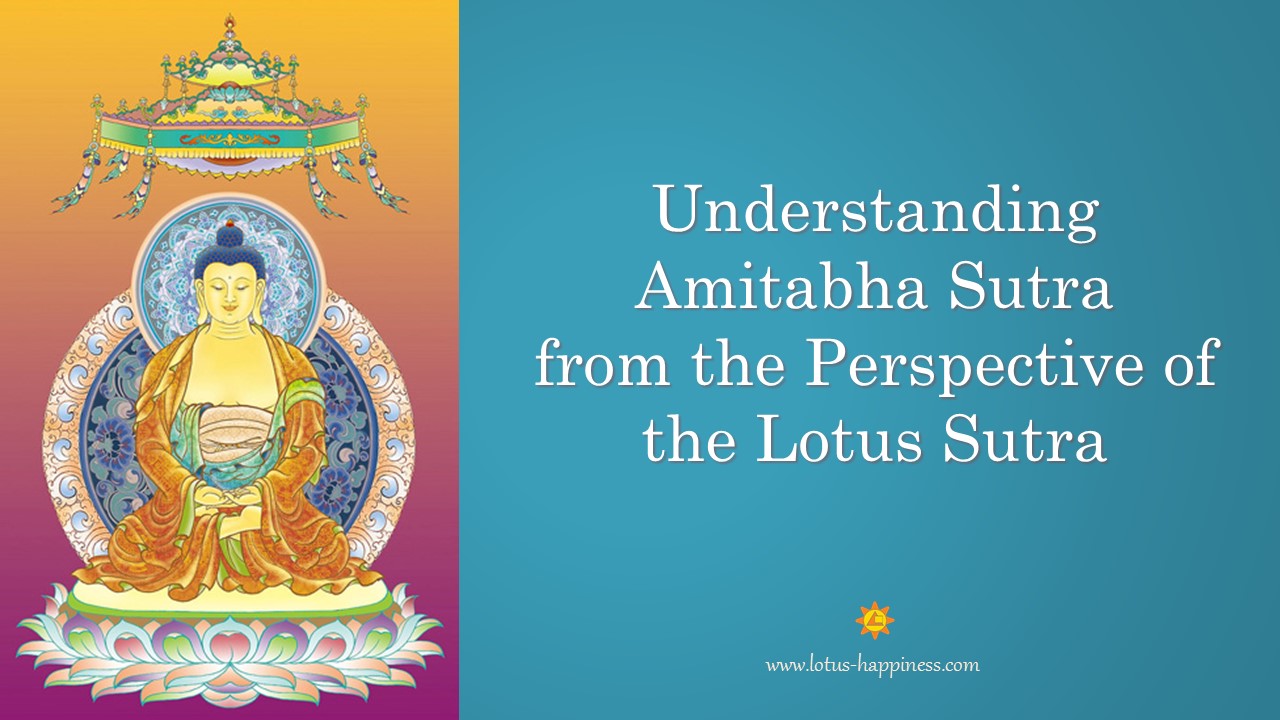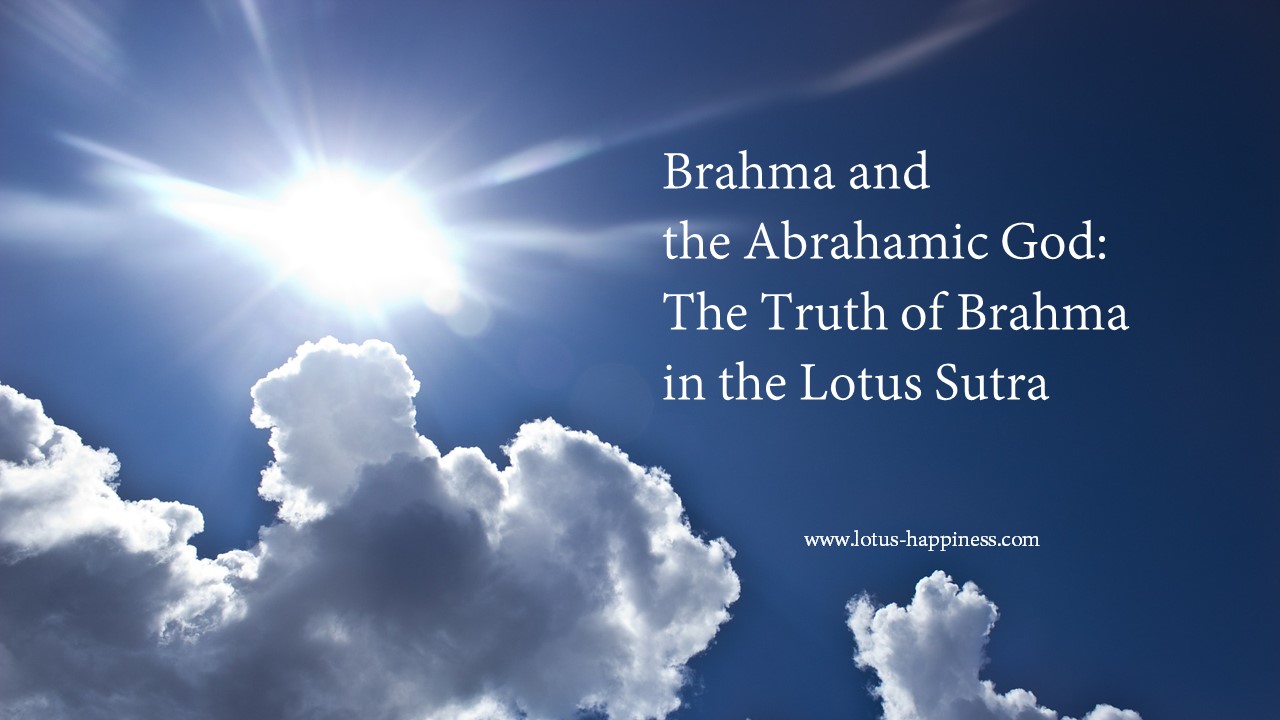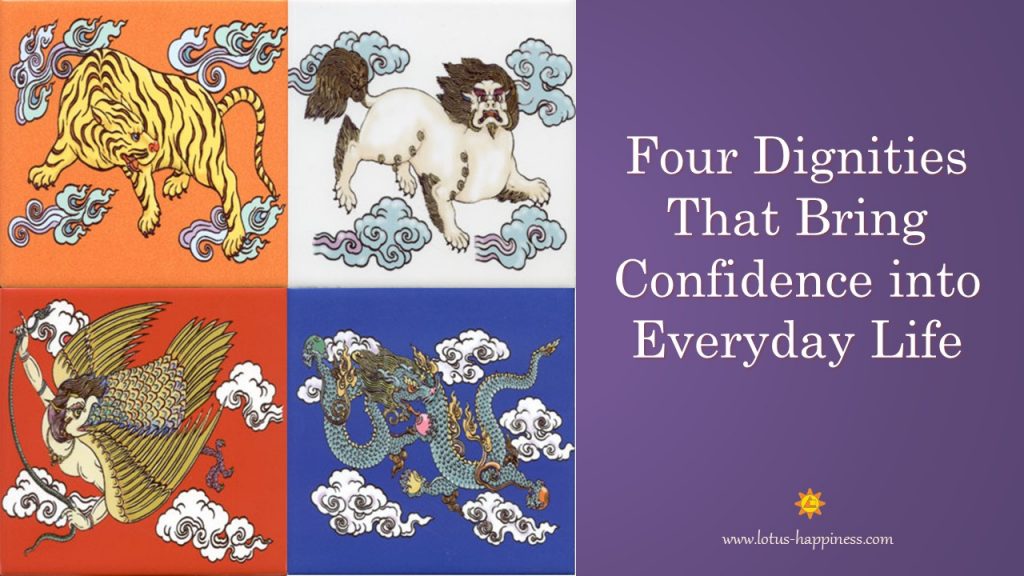
Four Dignities That Bring Confidence into Everyday Life
The Shambhala teachings introduce four mythical animals—the tiger, lion, garuda, and dragon—which represent the principles of confidence that the ruler develops in order to bring wisdom and compassion into daily life.
The confidence of the tiger is contentment. Contentment comes from discernment, the virtue of touching our feet to the earth of every moment. As we slow down and consider our thoughts, words, and actions with the question, “Will this bring happiness or pain?”, we become like tigers who carefully observe the landscape before pouncing. In looking at what to cultivate and what to discard, we are remembering our precious human life and deciding to use it well.
From the tiger’s exertion grows the joy of the lion, which arises from discipline. We often think of discipline as drudgery. For the lion, it is delight, a practical way to uplift the mind of “me” into the highlands of a bigger view. It’s a way to change our attitude on the spot, a reminder that underneath all the daily drama, we possess the enlightened mind of bodhichitta, the wish-fulfilling jewel of wisdom and compassion.
We’re always contemplating something—usually how to help ourselves. The lion flips that contemplation inside out by asking, “How can I help?”
With this simple question we increase our potential to enrich the world, and ultimately to find our own joy. We begin to see that our genuine intention is for others to be happy, but sometimes we’re too irritated or distracted to remember that. Using discipline to generate compassion, we leap beyond the fickleness of mood into the confidence of delight in helping others.
The discernment of the tiger and the discipline of the lion take us toward the outrageousness of the garuda, a mythical bird with human arms that is hatched from space, ready to fly. What makes the garuda outrageous? No longer attached to the view of “me,” it has 360-degree perspective, a fresh mind that continually cuts through concept. This mind accommodates everything with the confidence of equanimity, an unbiased view that comes from having contemplated the landscape of life: the reality of impermanence and suffering.
Taking that bird’s-eye view into our day, we are freed from conventional mind—fixation on hope that life will meet our expectations, and fear that it will not. Unencumbered by the need to manipulate reality, we can use whatever happens to radiate compassion without bias. With this open mind we magnetize whatever we may need for spiritual and worldly success.
The dragon’s confidence is prajna, deep wisdom based on knowing how things are. The dragon knows we’re always trying to project a concrete world onto a fluid process, mistaking our ever-changing experience for a self. Like the elements, this kind of wisdom doesn’t need to be propped up. It is a direct experience of reality, empty and ungraspable.
As the wisdom of the dragon destroys our illusions, we begin to understand basic goodness, the unconditional purity and confidence of all. With this view, life itself becomes our source of energy, and the enlightened world begins to appear. The wish-fulfilling jewel of wisdom and compassion are liberated, and we can play in the blessing and magic of our everyday existence.
Adapted from Ruling Your World, © 2005 by Sakyong Mipham. Published by Morgan Road Books/Doubleday, New York, 2005.

